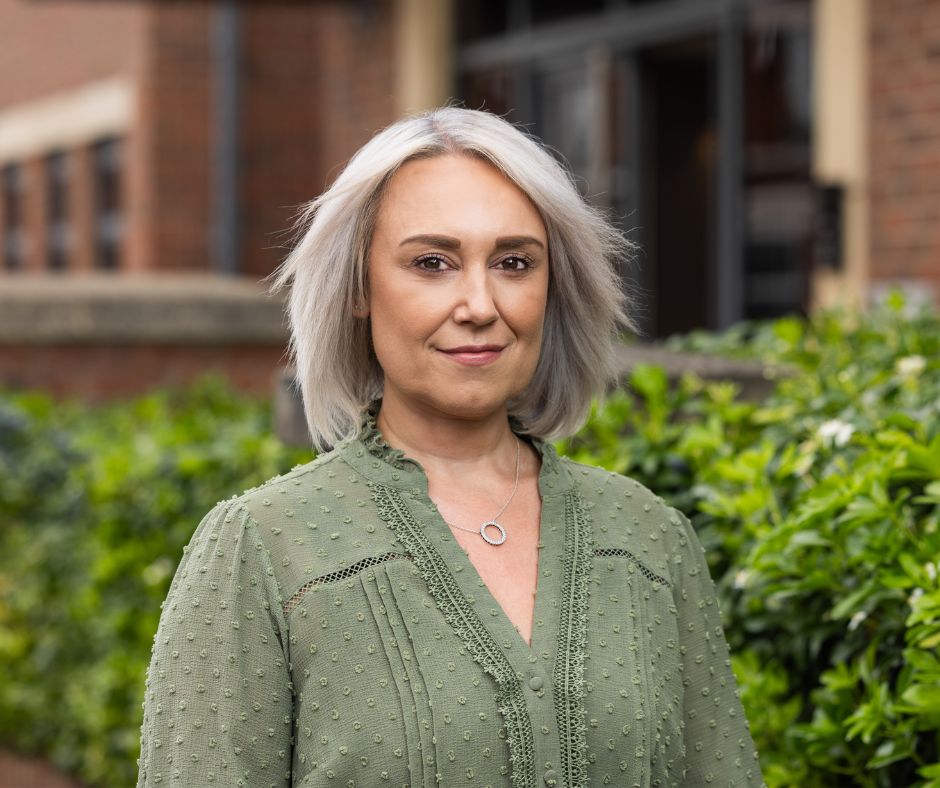When someone dies it is necessary to find out who has the authority to deal with their affairs and if the person has made a will. They may have appointed you to act as their executor to sort out their affairs after their death.
You will be their choice of legal representative once they have died and this often comes at a difficult time of bereavement. You do not have to act as an executor. When making a decision whether to act, you should consider the time and work which may be involved and how long the process may take before you accept the role. Our estate administration and probate solicitors can offer support.
What does acting as an executor involve?
As an executor you will need to carry out the deceased person’s wishes as far as possible and you will be responsible for securing their financial affairs, getting valuations of assets, paying any tax due and sorting out their house and belongings as well as their investments. They must ensure they maximise the estate for the beneficiaries.
If you do decide to act there are a number of steps to be taken to fulfil the duties of acting as an executor, such as:
- Registering the death
- Arranging the funeral
- Securing the house and contents
- Valuing the estate assets
- Gathering details of the debts and telling the various parties
- Completing an Inland Revenue Account and paying any inheritance tax
- Sorting out the income tax affairs with HMRC
- Applying for a Grant of Probate
- Gathering in the assets, paying the debts and contacting the beneficiaries
- Preparing accounts and calculating what is due to the beneficiaries
- Sorting out the sale of the house and other property
- Distributing the estate according to the wishes in the will
Advice
- Find the will and any appendices as quickly as possible and check if there are any funeral wishes referred to
- Store the will and appendices in a safe place
- Carry out a thorough search of the deceased’s papers and documents. Keep papers in order and in a safe place and retain until the process is complete
- Put together a list of relatives or beneficiaries named in the Will who may need to be notified
- Identify and secure any specific items the deceased person wanted to give to a particular beneficiary and consider getting it valued before giving it away
- Keep receipts for any costs you have had to pay, if you need to claim these from the estate
- Check all the debts have been paid before you distribute the estate or you may find you are personally liable for these
You can also take a look at our probate checklist to help you understand the steps involved.
How can our estate administration and probate lawyers help?
We have the expertise and sensitivity to work with you when you need support and guide you through the process from start to finish, leaving you confident and reassured that you’re doing the right thing.
When someone dies it is necessary to find out who has the authority to deal with their affairs and if the person has made a will. They may have appointed you to act as their executor to sort out their affairs after their death.
You will be their choice of legal representative once they have died and this often comes at a difficult time of bereavement. You do not have to act as an executor. When making a decision whether to act, you should consider the time and work which may be involved and how long the process may take before you accept the role. Our estate administration and probate solicitors can offer support.
What does acting as an executor involve?
As an executor you will need to carry out the deceased person’s wishes as far as possible and you will be responsible for securing their financial affairs, getting valuations of assets, paying any tax due and sorting out their house and belongings as well as their investments. They must ensure they maximise the estate for the beneficiaries.
If you do decide to act there are a number of steps to be taken to fulfil the duties of acting as an executor, such as:
- Registering the death
- Arranging the funeral
- Securing the house and contents
- Valuing the estate assets
- Gathering details of the debts and telling the various parties
- Completing an Inland Revenue Account and paying any inheritance tax
- Sorting out the income tax affairs with HMRC
- Applying for a Grant of Probate
- Gathering in the assets, paying the debts and contacting the beneficiaries
- Preparing accounts and calculating what is due to the beneficiaries
- Sorting out the sale of the house and other property
- Distributing the estate according to the wishes in the will
Advice
- Find the will and any appendices as quickly as possible and check if there are any funeral wishes referred to
- Store the will and appendices in a safe place
- Carry out a thorough search of the deceased’s papers and documents. Keep papers in order and in a safe place and retain until the process is complete
- Put together a list of relatives or beneficiaries named in the Will who may need to be notified
- Identify and secure any specific items the deceased person wanted to give to a particular beneficiary and consider getting it valued before giving it away
- Keep receipts for any costs you have had to pay, if you need to claim these from the estate
- Check all the debts have been paid before you distribute the estate or you may find you are personally liable for these
You can also take a look at our probate checklist to help you understand the steps involved.
How can our estate administration and probate lawyers help?
We have the expertise and sensitivity to work with you when you need support and guide you through the process from start to finish, leaving you confident and reassured that you’re doing the right thing.






















